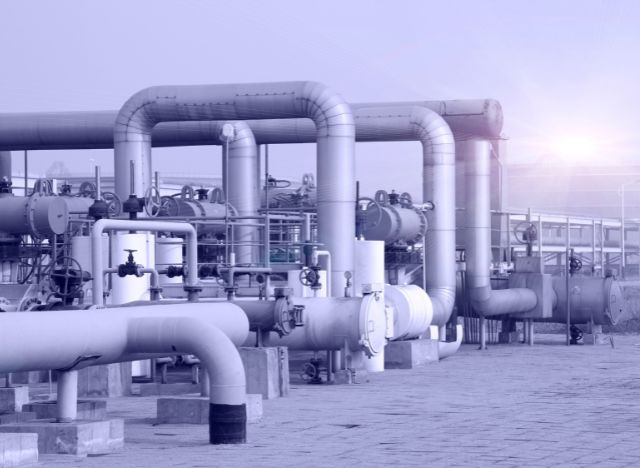The installation of an oil and gas carrier pipeline system can be done in a fraction of the time required to construct a dedicated rail transportation system of similar length. The need to factor in difficult geographical terrain and adverse climatic considerations mean more planning, manpower and a longer duration for a railway construction project which usually spans years. Pipeline construction is quicker as large capacity pipes can simply be constructed to run over natural geographical barriers.
Pipeline transportation of oil and natural gas is the efficiency of the process. Pipeline systems utilize comparably lower amounts of energy to transport significantly larger volumes of oil than can be conveyed by truck, rail, or ship. Pipelines also simplify the oil and gas metering process with the help of modular process skid manufacturers for pipeline applications.


